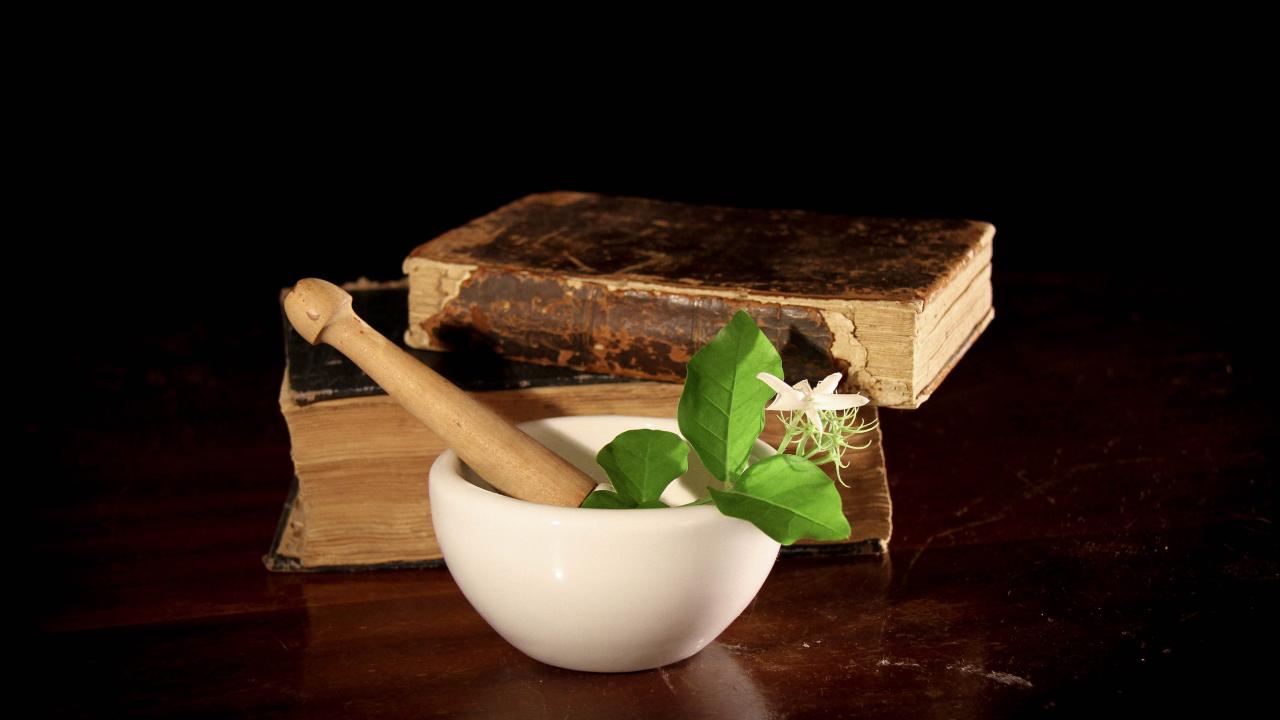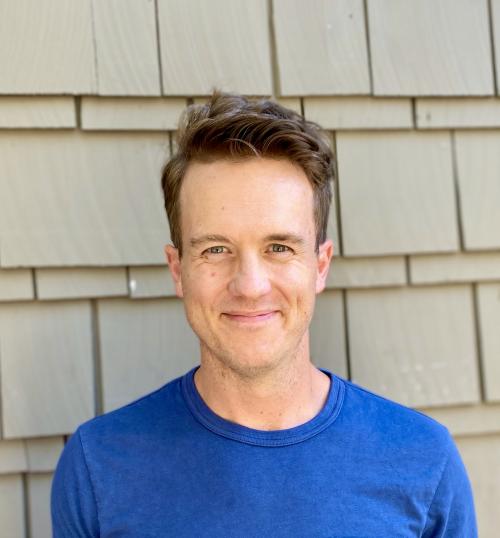
Classics faculty member Colin Webster awarded Mellon New Directions Fellowship for project entitled "Empire and Intercultural Medicine: A Paleobotanical Approach to Ancient Healing"

Colin Webster has been awarded a Mellon New Directions Fellowship for 2023–2024, with a project entitled Empire and Intercultural Medicine: A Paleobotanical Approach to Ancient Healing. With this fellowship, Dr. Webster will retrain in plant sciences, taking courses in botany, plant genetics, and ethnobotany to help him investigate ancient healing practices more expansively than his philological training will allow. There are many intimations that medicine in the ancient world was an intercultural affair. The Persian king Darius I (522–486 BCE) employed Egyptian physicians and reportedly made an enslaved Greek doctor treat his dislocated ankle. The first Greek reports of India come from a physician named Ctesias, who spent time as a diplomat in Persia. Alexander III of Macedon reportedly retained Indian doctors during his military campaigns, while in the century that followed, Indian emperor Ashoka (r. 268–232 BCE) pushed medical knowledge in the opposite direction, cultivating medically useful plants across both his empire and the territories of the neighboring Greek kingdoms in modern day Afghanistan. Even as early as the mid 15th century BCE, the Egyptian pharaoh Thutmose III (r.1479–1455 BCE) created a botanical garden containing specimens that he had encountered during his military campaigns. To understand the complex interactions between healing traditions that cross borders and empires, Dr. Webster seeks to examine which medicinal plants moved around the ancient world, whom they moved with, and how they made these treks. Following these medicinal substances requires cataloguing and tracking archeobotanical samples, often in the form of the residues left inside pots. To complete this work, Dr. Webster will learn how to extract lipid and DNA samples, perform chemical and genetic analyses, and identify the plant substances leftover from the ancient world. Working with archeologists, historians of medicine, and herbal practitioners from various traditions, Dr. Webster hopes that he can use a plant-focused approach to explore the intercultural development of early healing practices, notably non-elite aspects of healthcare, including women’s networks of knowledge transmission, and the healing practices of enslaved people, as they are moved around the Mediterranean and beyond.
